
The City of Richmond has identified the following hazards.
These can range in likelihood and severity from regular occurrences to uncommon disasters. Many of these can happen with little or no warning, so it’s important to understand the risk ahead of time to better prepare. Don’t forget everyday emergencies such as your car breaking down or a personal medical emergencies, which can affect people in different ways.
Preparing for, responding to, and learning from smaller events can help you to be more resilient to the larger ones!
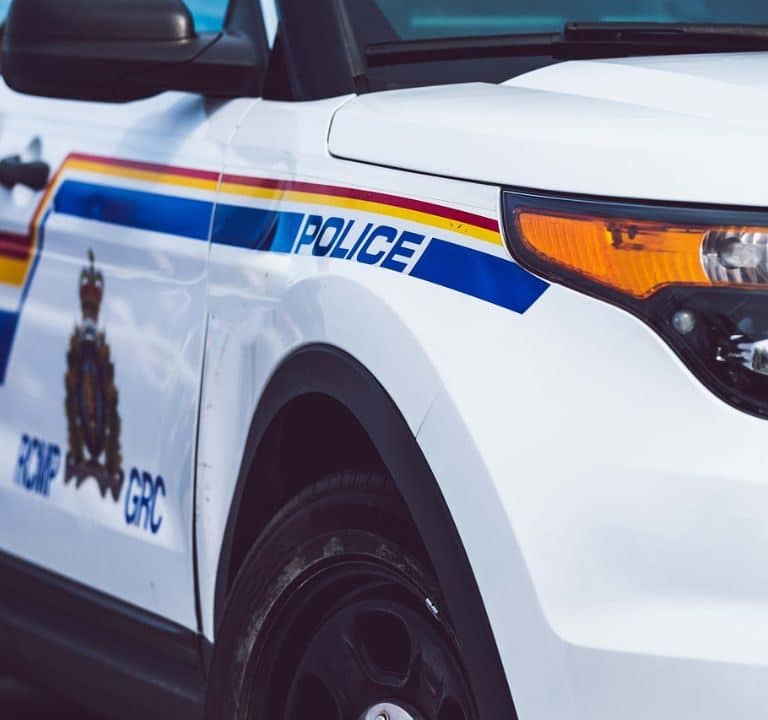
An active threat is any event where one or more individuals are engaged in actively attempting to seriously harm or kill others. These events can happen anywhere and be undertaken by anyone.
During an active threat event, City staff will be following standard procedures to protect themselves and assist those around them when possible. First responders will attend as quickly as possible and work to stop the threat and render aid.
You may be the first to notice an active threat event. If you believe that may be the case, perform the following actions:
- If you are not already, get to a safe place. Prioritize your health and safety first.
- Once you are safe, contact 9-1-1.
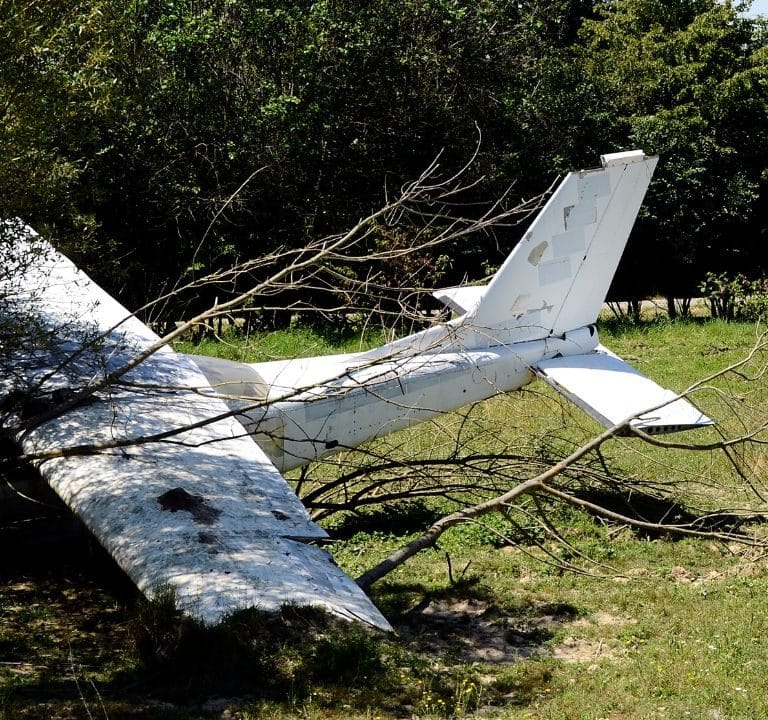
Vancouver International Airport (YVR) is the second largest international passenger gateway on the west coast of North America. As a crash may take place on airport property or elsewhere in the City, it is important that all agencies are aligned and organized to provide the most effective and efficient support possible. That is why numerous discussion-based and “live” exercises are regularly held simulating emergency events.
In the event of an aircraft emergency:
- YVR will work with the City and other partner agencies to coordinate assistance where necessary. First responders will coordinate to respond, render aid, and prevent further damage.
- The public is asked to stay away from the crash area for their own safety, as well as to keep roads clear for first responders to access and leave the crash site. Updates will be provided via news and reputable social media accounts such as YVR’s and the City’s.
- For more information on the Airport Authority or Emergency Management, visit YVR.
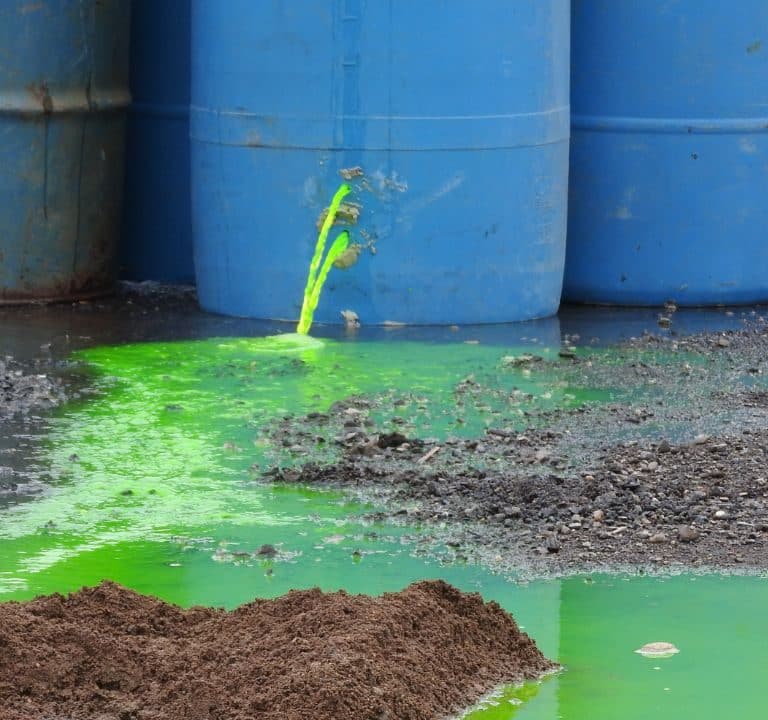
Depending on the nature of the hazardous material spill, first responders may call for the evacuation of an area or instruct residents and businesses to stay put where they are currently located (“shelter-in-place.”). You may be the first to notice a hazardous material spill.
If you believe that may be the case, perform the following actions:
- If you are not already, get to a safe place. Preferably one that is up-wind from the event. Be aware that hazardous material can possibly be flammable, explosive, and dangerous to inhale. Stay far away from any spill.
- Once you are sure you are, and will remain, safe, contact 9-1-1.
Visit PreparedBC for more information on getting prepared for a hazardous material spill. In the event of a significant hazardous material spill, residents may be asked to evacuate an area or shelter in place.
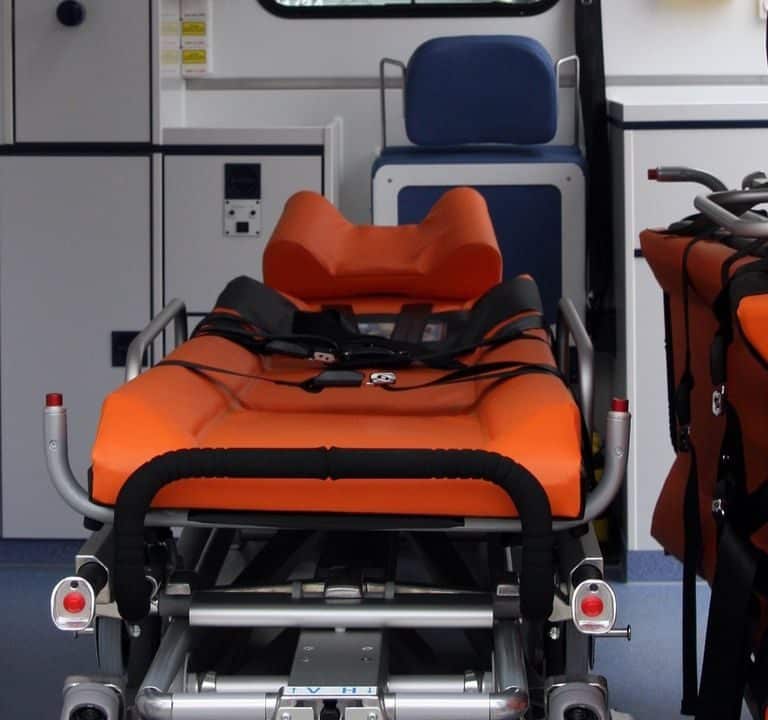
The City works closely with Vancouver Coastal Health Authority and Health Emergency Management BC (HEMBC) to mitigate, plan for and respond to medical emergencies.
For more information on pandemic preparedness visit PreparedBC and download a copy of the Pandemic Preparedness Guide.
You can receive further advice on medical health by visiting the following organization’s websites:
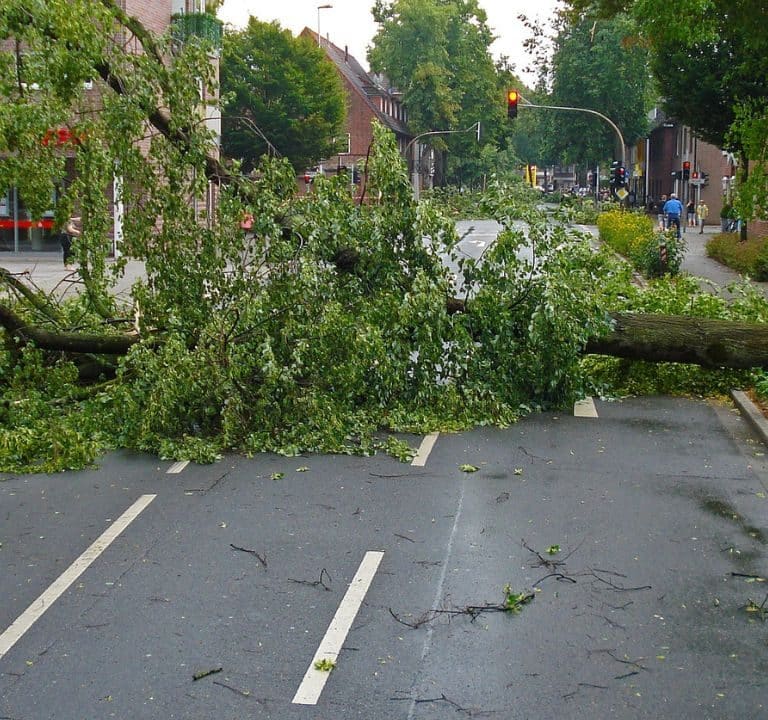
High winds, extreme heat, heavy rain, hail, and snow storms can develop quickly and hit hard, posing a threat to life and property. Severe weather cannot be prevented, however, some damage can be avoided or reduced if you take some simple precautions.
Visit Richmond.ca/weather for more information on what to do before, during, and after severe weather in Richmond.